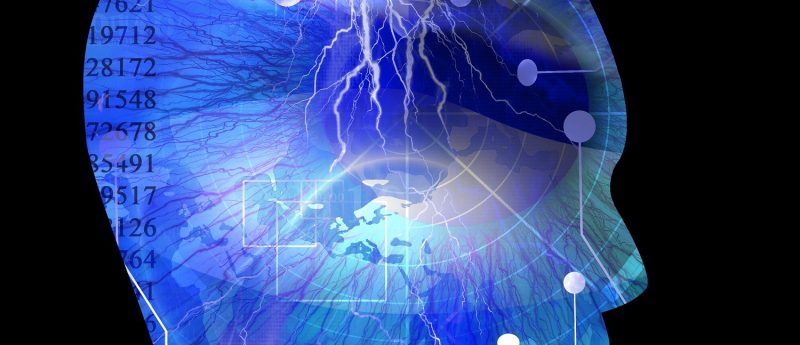Spinal therapy in conjunction with rehabilitative training could reduce permanent disability in stroke patients

Canadian researchers have amplified the benefits of rehabilitation by utilizing the enzyme chondroitinase ABC to improve recovery from stroke.
Using animal models, researchers at the University of Alberta (AB, Canada) have tested an experimental therapy that targets the spinal cord which could lead to improved recovery for stroke victims. Published in the Journal of Neuroscience, the research highlights future possible implications for treating patients who are living with disability as a result of stroke.
First time incidence of stroke has been reported to occur around 17 million times a year worldwide. Stroke is the second largest cause of death in the world and fourth in the UK. It is the most common cause of adult disability in Canada with more than 400,000 Canadians living with the detrimental effects of stroke.
In this study, researchers tested the hypothesis that inducing plasticity in the spinal cord during chronic stroke could improve recovery from persistent sensorimotor impairment. They studied the effect of injecting Chondroitinase ABC (ChABC) into the spinal cord of male Sprague Dawley rats 28 days after a stroke and found that recovery could be enhanced by inducing amplified rewiring of circuits connecting the brain and spinal cord. The ChABC injection induced significant sprouting of corticospinal axons originating in the peri-infarct cortex. Recovery was further improved following the combination of the spinal therapy with rehabilitative training.
Results from the study suggest that spinal therapy during chronic stroke can amplify the benefits of delayed rehabilitative training with the potential to reduce the permanent disability in stroke survivors.
“There is hope that eventually we might have a therapy that can help somebody with a deficit that is really affecting their quality of life, even years after the stroke,” commented Ian Winship, Associate Professor of Psychiatry, University of Alberta. The researchers acknowledge that much research is needed before this model can be trialed and applied in humans.
Sources: Wiersma AM, Fouad K, Winship IR. Enhancing spinal plasticity amplifies the benefits of rehabilitative training and improves recovery from stroke. J. Neurosci. 0770-17 (2017); https://www.sciencedaily.com/releases/2018/02/180201125949.htm;
https://www.stroke.org.uk/sites/default/files/stroke_statistics_2015.pdf